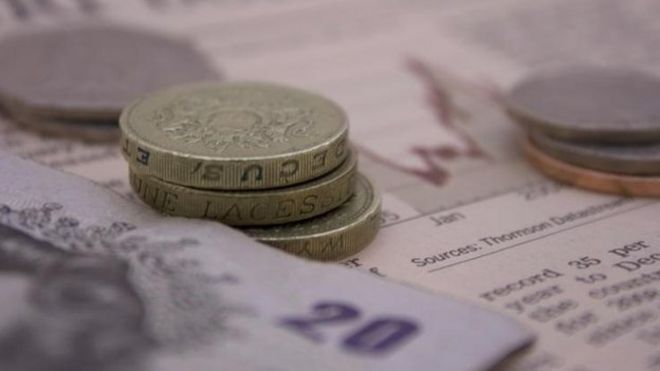The problem with minimum wage is that people want more. More than some jobs that requires more skills to execute. Then why set a minimum wage when we can have it progressive?
In Singapore, we have the progressive wage system that allows people to earn more by giving them training to handle more complex tasks. Isn't this better than having a flat minimum high wage?
http://www.theblaze.com/contributions/fast-food-workers-you-dont-deserve-15-an-hour-to-flip-burgers-and-thats-ok/
In Singapore, we have the progressive wage system that allows people to earn more by giving them training to handle more complex tasks. Isn't this better than having a flat minimum high wage?
So, real talk: your job isn’t worth 15 bucks an hour. Sure, as a human being, you’re priceless. As a child of God, you’re precious, a work of art, a freaking miracle. But your job wrapping hamburgers in foil and putting them in paper bags — that has a price tag, and the price tag ain’t anywhere close to the one our economy and society puts on teachers and mechanics.
Don’t like it? Well, you shouldn’t. It’s fast food. It’s menial. It’s mindless. It’s not supposed to be a career. It’s not supposed to be a living. An entry level position making roast beef sandwiches at Arby’s isn’t meant to be something you do for 26 years.
It isn’t paying enough? OK, get another job. Get a second job. Get a third job. Get a different job.
Trust me, this is a better plan than asking the government to force your employer to pay you significantly more than the market allows.
I know you might not care about the economics of this thing. After all, you aren’t economists (but with $15 an hour you’d almost be in the same income bracket). But it should be of some interest to learn a $15 an hour minimum wage would represent a steep tax on jobs. And the problem is simple: when you tax something, you get less of it.
http://www.theblaze.com/contributions/fast-food-workers-you-dont-deserve-15-an-hour-to-flip-burgers-and-thats-ok/



